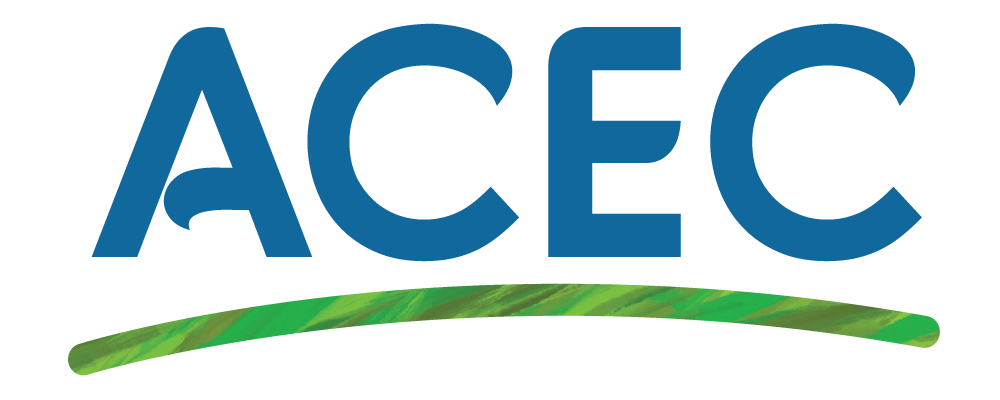
Our Position
Our coalition has developed the Position Statement below as a call to action.
Transformative education for a climate-changing Aotearoa New Zealand
“To advance and support education that prioritises the long-term wellbeing of people and the planet.”
We need a system-wide intergenerational approach to education which informs, enables and empowers our people to live regeneratively with nature, in a low-emissions society. All learners, educators, and communities need access to the diverse knowledge, values and perspectives, capabilities, and resources they need to live well in a climate-changing, low-emissions Aotearoa New Zealand.
We have written this Position Statement to engage a broad cross-section of stakeholders in co-creating what it means to enable transformative education in a climate-changing Aotearoa New Zealand. Through this work, we aim to activate collective change as soon as possible.
We see an urgent need for a collective vision, coherent policy design, and immediate actionable plans for education that:
values mātauranga Māori as a valid knowledge system alongside Western Science
centres the needs of those most affected by environmental and climate injustice
acknowledges and addresses the realities of our changing climate and the need to drastically reduce climate emissions through equitable/just transitions
builds on and further enhances what is already working in education to foster sustainability and wellbeing throughout the lifespan
inspires and empowers those with the ability to enact educational change (e.g. educators, learners, BoT and school communities, school and tertiary sector leaders, and workplaces)
provides a clear and coherent direction for education in a low-emissions future.
Big Ideas to underpin the transformation
Interconnectedness. We must recognise ourselves as just one species amongst all others on Earth and regenerate a sustainable relationship with the natural world which sees people as part of the environment and not separate from it. Mātauranga Māori and other knowledge systems can guide us in how to bring about this regenerative change. We can’t do it as individuals and must enhance social cohesion and resilience through shifting the emphasis from the individual/personal to the collective.
Systems thinking. The impacts of global warming are affecting the environment in interconnected ways and are pervading every aspect of our lives, disrupting our social cohesion, our cultural identities and our economic stability. These impacts are a direct result of social and economic systems such as colonisation and capitalism, often perpetuated through our education systems. Transdisciplinary, systems thinking is needed across education practice and policy to avoid the piecemeal, siloed, and reactive responses which have so far shown to be ineffective in solving complex problems.
Equity and social justice. The transitions to a climate-changing, low-emissions Aotearoa New Zealand must be equitable and socially just. Climate change is an amplifier of existing inequities and injustices - reinforcing the vulnerability of those most at risk. Transformative education must address these inequities to enhance the wellbeing of all people.
Hope and agency. Climate change is an existential crisis which can disempower people. Education must be framed as positive, future and solutions focussed learning to foster hope and engage all people in committed, constructive action to mitigate and adapt to climate change. We recognise children’s rights to exercise agency over their futures and the role of education in supporting them to do so.
Education sector capability-building. In planning for the transformative education described above, we can’t just focus on changing things for learners and young people so that they can make the changes in a generation’s time. The change required is urgent and we have a narrow window of opportunity for meaningful change. Transformative climate education must include support and capability-building for the educational workforce, communities, leaders and decision-makers at all levels.
Evidence base. We already have effective solutions to climate change, living sustainably and transformative education. We should support what is already working. Quality and timely information about what works, and what doesn’t work, will support decision-making. This requires coordination and effective communication strategies built upon sound research. Addressing climate change begins with education. The costs of investing in transformative education will ultimately be far less than addressing the impacts of climate change.
Get involved
We would love to hear more about how you are involved in climate change education, or have you sign up to receive our Newsletter.
